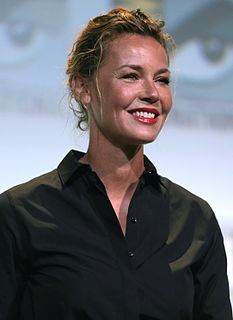A Quote by John Updike
Related Quotes
We are humanity, Kant says. Humanity needs us because we are it. Kant believes in duty and considers remaining alive a primary human duty. For him one is not permitted to “renounce his personality,” and while he states living as a duty, it also conveys a kind of freedom: we are not burdened with the obligation of judging whether our personality is worth maintaining, whether our life is worth living. Because living it is a duty, we are performing a good moral act just by persevering.





































